Could you first introduce yourself to the reader?
My name is Maria Polodeanu, I am a digital content creator for arts organisations around the UK. I have a BA in Media Production from Coventry University and a Master's in Art from Birmingham City University. I work as a freelancer at my own company called 'Reel Master Production' which is a digital production company.
My work divides into three categories, content creation – which refers to photography and videography for artists and art organisations, branding and social media – I create graphics and manage the social media presence of brands, and, socially engaged projects – which refers to creating meaningful pieces of content like documentaries or creative films, that would eventually influence decision makers and policies; some examples include artistic activism, community-based art, creative placemaking, participatory art, and social practices.
What does your job involve? What happens on a typical day?
Officially, I have been self-employed for two years now, but unofficially for six. During this time, I created a pattern for myself and I now have two types of days: filming and editing days, and admin days.
A typical admin day is when I do research about upcoming projects, create social media assets, have online meetings, respond to emails, reach out to new clients, send out invoices, educate myself and read or watch anything that will bring more value to the work that I do.
During the filming days, I am away all day, documenting and giving my full attention to the project I am working on. Sometimes it happens that I may need to do a social media post for an account and I would find a time in between shoots to do that. This job requires me to be very flexible and quick in decision-making. Post-production is done in the first week after I have the content already filmed.
TIP: Good organisation will make you look professional. Try to respond to emails within the first 12 hours from when you received them, have digital or on-paper calendars so you won't miss dates or meetings, take accountability for your actions, and be respectful towards everyone. People stay in this industry for a long time, so even if you may not have direct contact with each person or company now, you will eventually meet them along the way.
What’s great about what you do?
As an artist myself, freedom is one of the ultimate core values I hold to. This involves freedom to express myself within the art that I create, or in the project that I get to be involved in, but with freedom comes responsibility!
The greatest thing about my job is helping people from marginalised communities have a voice through film and social media, as well as meeting incredible artists who make art that is so essential for today's society.
What are the toughest parts of your job?
The toughest part of my job is keeping track of governmental tasks such as tax repayment and all the bureaucratic system that comes with that.
As a freelancer, I have to market myself to stay relevant in the online space, and with that comes more work that has to be done besides my everyday tasks.
TIP: If you want to follow the freelancing path, remember you have to be your own marketer, salesperson, accountant, social media manager, and the list can go on. Educate yourself on all these aspects before deciding that this is what you want to do and be ready to put in the work. Remember that this will not work for everyone, and that is totally OK.
What are the highlights of your career to date?
The highlights of my career are mostly attached to the socially engaged projects that I do, the films about overlooked communities, and their stories. These hold a higher level of importance because they are meant to reach the people in power and help tackle stereotypes.
Some other highlights were when I filmed Daniel Lismore's mini-documentary about his hometown Fillongley on the occasion of his exhibition "Be Yourself, Everyone Else is Already Taken" in Coventry and photographing Andy Green, the world land speed record holder since 1997, the first land speed record to break the sound barrier.
What's been the biggest challenge so far in your career? How did you overcome it?
I always encounter big challenges, one of the most common is not having projects for a certain part of the year. Winter months do not bring a lot of revenue, but I take this opportunity to reach out to new clients, respectfully reintroduce myself to old collaborators, work on my website, create new strategies, find inspiration, and take some time off as well.
As freelancers, we tend to work all the time, evenings, weekends, and bank holidays, so the winter period is best to unwind and prepare for the upcoming months.
TIP: Have a continuous social media presence even if you don’t have new things to show. Potential clients will trust you more if you share your projects online and are most likely to connect with you for future collaborations.
What was your career path to this job? Have you also worked outside the arts?
I will start by saying that going to University was the best start of my career. Most of my connections and collaborators were developed during my BA. Networking is also very important when it comes to freelancing. Joining Facebook groups, engaging with Instagram communities, or responding to conversations on LinkedIn or Twitter is equally important.
After my Master's Degree, I was offered an assistant position at Birmingham City University where I stayed for a few months. I now see that experience as being vital because it made me realise quicker what works and what doesn't work for me.
After that everything opened up and followed a natural pace: I received projects from Universities across the UK; I started working with even more researchers and artists; I got myself a contract with an arts and tech company in Coventry; I became the Assistant Digital Producer for an important theatre festival in Birmingham; as well as reaching out to new arts companies in London and eventually securing a place as a Content Creator for a prestigious dance company in the capital.
Working while studying for a degree is a tough thing to do, but like any other young person, I wanted to have some extra income, so I worked for two years at Domino's Pizza. This experience taught me that education gives us the freedom to choose what we want to become. Why a degree is important, why building a career in the early stages of your life is essential, [you learn] what hard work is, and how to take criticism.
TIP: Get yourself a mentor. Mentors are people who see in you the light that we most of the time overlook. They are not your parents so they can't be too attached to your choices, but they most often care enough to guide you to what you can achieve.
Have you noticed any changes in the industry in recent times? If so, what?
Social media is ever-changing and as a social media manager, I need to constantly adapt to new trends whilst staying authentic yet relevant to the market. Creating social media content for different organisations at the same time requires a lot of focus on the brand's needs and its audience.
TIP: Every project is different, but what remained a constant throughout the years is my ability to surprise clients. Think of it as your own selling point. The market is slowly getting crowded with great professionals so you have to keep bringing something different and impactful to the table. Always deliver a little extra than what was initially agreed on. People will appreciate and remember that.
How has your background, upbringing, and education had an impact on your artistic career?
My educational years were very much focused on scientific subjects and not so much on arts and media. I always felt like I didn't belong. The system was encouraging competition and not so much creativity and collaboration. I felt lost most of the time. It was just when I came to the UK and discovered that I am good at something that I also liked doing that I regained my confidence back.
TIP: Don't be discouraged if the school doesn't provide subjects that you are interested in, with time you will discover what sparks your interest. Be patient and keep searching!
You’ve been granted the ability to send a message to 16-year-old you. What do you say?
I would tell my 16-year-old to experiment as much as possible, try new things, watch tutorials, keep searching until something feels fulfilling enough; and most importantly, stay curious.
I might also say that people at 16 years old should not feel pressured to pick a career that they would have to follow for the rest of their lives, the world is continuously changing and it may be that the thing that you are good at, has not yet been invented.
TIP: Listen to your gut feelings! Parents and tutors might influence you to do the things that they think are right for you, but this may not always be the case.
Do you have any advice for young people interested in your field?
Have patience! As cliche as it may sound, good things do actually take time. Research and learn whenever, whatever you can from anyone! You will discover that each of the people you meet has a lesson to teach. Be open and aware!
Take everything seriously but don't take yourself too seriously. I am still falling into this trap of stressing over every-tiny-thing. Do things as well as you can but don't over-work yourself, this won't work in the long run. Find your balance!
Where can people find you and your work online?
I am very active on all the social media platforms but mainly on Instagram: @reelmasterproduction. Most of my professional art goes onto my website: http://www.reelmasterproduction.com
I invite anyone that is interested or has questions about anything related to this subject to send me an email at [email protected] and I would happily answer.

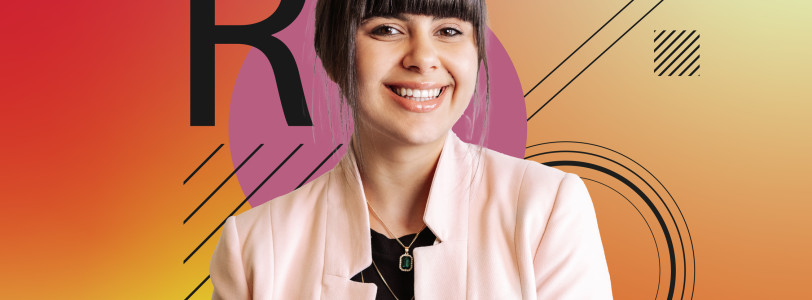
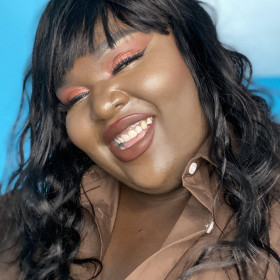
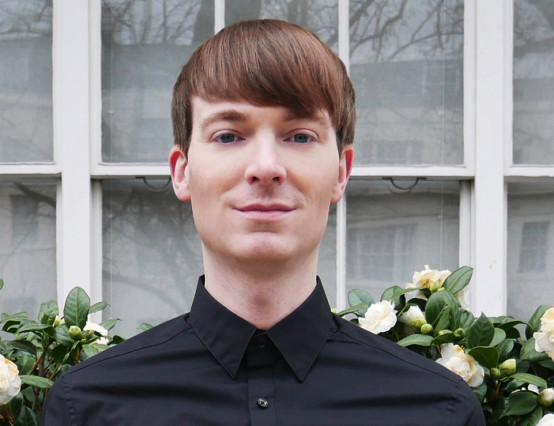
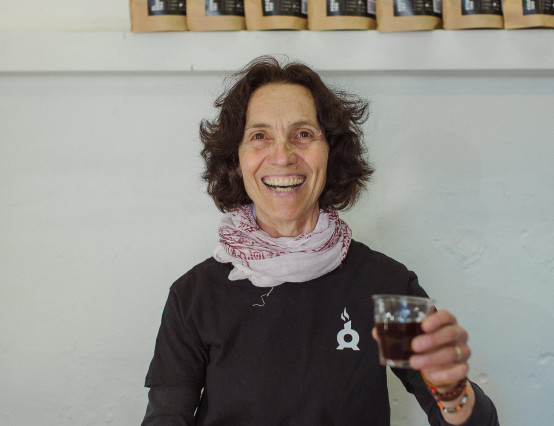
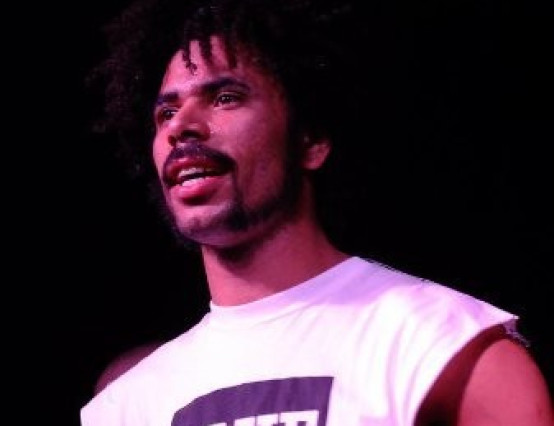
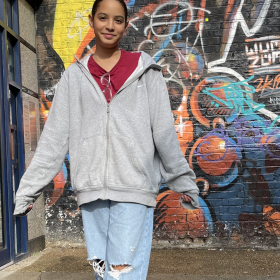



Loved reading this interview. My dream job is making videos, I like editing videos. How to find a mentor? Also she said the downside is the admin/tax… why does not she pay an accountant to do this so she can just do what she loves most.